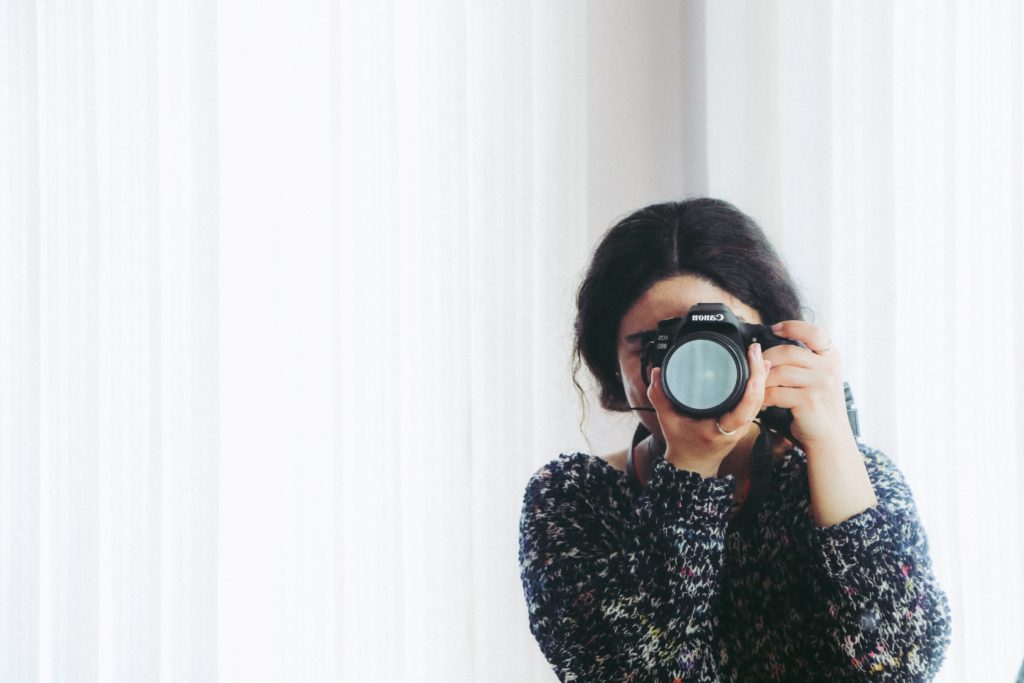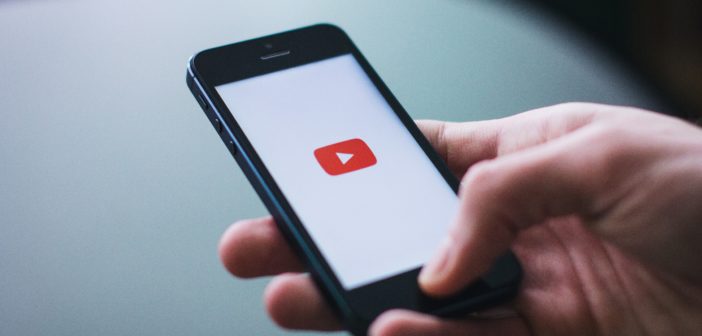When I was a teen, I wanted to be a novelist or a musician. Now, my teen – and many others like her – want to be a YouTube star. It makes sense: YouTube is easy to access and open to anyone, and we see people rise from obscurity to have millions of followers seemingly every week.
Allowing your child to start their own YouTube channel can seem like a big step – they’re able to broadcast absolutely anything to the entire world, and teens don’t always have the most reliable filter. A lot will depend on your child’s age and maturity level, but there are some questions you can ask to get a good gauge for how ready they are.
- Why do you want a YouTube channel?
- What sort of videos will you make and share?
- What are you favourite channels and what do you like about them?
- What channels don’t you like and why?
It’s important to have this conversation with you teen in an open and curious way to ensure they’ll be open with you. This is no time for judgement and scoffing at their dreams of instant fame.
YouTube’s rules dictate your child must be 13 in order to use it, but there are younger children using it. Ultimately, the choice lies with you as to whether you allow your child to create a channel before they’re 13. Hopefully you’ll still have a say after they’re 13 too.

If you do decide your child is ready to create their own YouTube channel, there are some things you can do it make the experience safer and more enjoyable.
- Have a plan. Get your teen to draft a document outlining what they want to do with the channel, including what they will offer, their target audience, and the frequency of videos.
- Have a conversation about internet fame. There are plenty of stories about teens who found seemingly instant fame (and riches) on YouTube. Ensure your child understands that this is the exception, not the rule, and that they should be doing what they enjoy for the sake of it, rather than for the result it may (but most likely may not) bring. If you feel like your child doesn’t really get this point, it may be best to wait until they’re a little older and more mature before embarking on their YouTube journey.
- Talk about content. Make it clear what is okay to share on video and what is not. Talk about privacy of your teen and privacy of others, and get them to think about who could see what they’re posting and what the repurcussions could be – both now and in the future.
- Start in safe mode. That means that you review all videos before they’re posted at first, and talk about any potential issues. Also consider setting the videos to private, and only sharing them with family and friends until you’re confident your teen knows what they’re doing.
- Turn off comments. Trolls are everywhere and their words can harm even the most robust of adults. Teens have thin skin and are easily wounded. Turning off comments means they aren’t vulnerable to someone across the world who is feeling bored and wants to stir the pot at a stranger’s expense. If your child gains even a little bit of fame on- or offline, those comments are almost a certainty.
- Keep talking. Check in with your child regularly about how the channel is going, and keep watching their videos. Don’t overreact about the small stuff to ensure they’ll talk to you about the big stuff, but do voice your concerns in an open and honest way.

